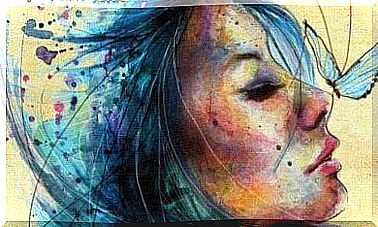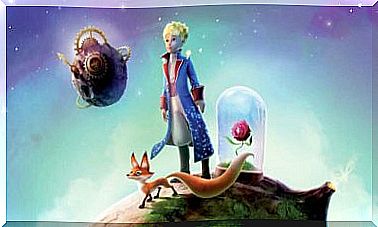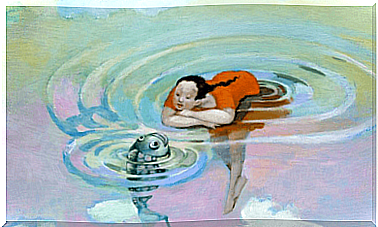Ludwig Wittgenstein And The Limits Of Thought
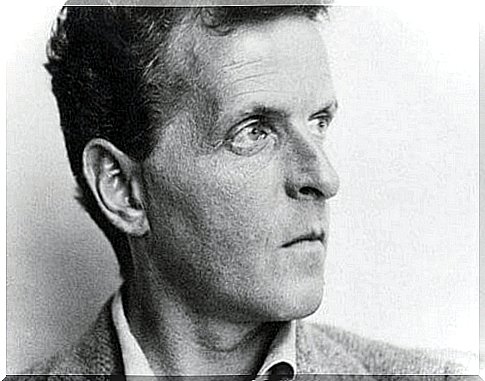
Ludwig Wittgenstein was a Prussian philosopher known for his writings on language. He is currently considered one of the most influential philosophers of the 20th century. His thought emerged among many and his personal life was no less. The experiences and twists of this philosopher, as well as surprising, are necessary to better understand his thought.
This philosopher born in Vienna and then naturalized English, was also a mathematician, linguist, logician and gardener. He was a pupil of Bertrand Russell at Cambridge University, where he also managed to become a professor.
His great work, Tractatus logico- Philosophicus , had profound repercussions. Nonetheless, in his posthumous publications such as the Blue Book and Brown Book and Philosophy Studies , he harshly criticized his early work.
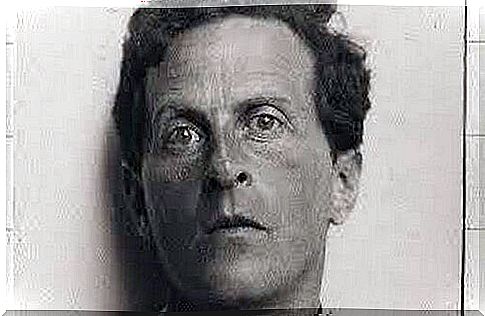
The early years
Wittgenstein was the youngest of nine siblings. Born to one of the richest families in the empire, he grew up in a house with a deep interest in art and intellectual pursuits. Thus, the Wittgenstein house attracted cultured personalities, especially musicians. This contributed to the development of Ludwig’s musical skills.
Ludwig Wittgenstein studied at Linz high school, the same school where Adolf Hitler studied. Although in the absence of evidence, some believe that Hitler cites Wittgenstein in his Mein Kampf. Specifically, he writes about a Jewish boy who was not to be trusted. Some hypotheses explain that these would be the origins of Hitler’s anti-Semitism.
Ludwig Wittgenstein’s early studies
Although philosophy was his source of inspiration, Wittgenstein began studying aeronautical engineering. He even managed to file a patent for an engine that would later be used as the basis for future helicopter engines. Once in England, however, he began to take an interest in the philosophy of mathematical sciences.
His interest in philosophy led him to meet Bertrand Russell, one of the best-known philosophers of the time. Russell inspired his studies, although the two later maintained a troubled relationship. At the beginning of this report, Ludwig Wittgenstein asked Russell if he was an idiot or not.
Because if he had been, he would have continued to devote himself to aeronautical engineering, if not, he would have devoted himself to philosophy. Russell asked him to write something and after reading it he said, “You don’t have to devote yourself to aeronautical engineering.”
Tractatus logico-philosophicus
After his father died, Wittgenstain gave up his inheritance to live in Norway. Once there, he built a hut to live in solitude. The following year the First World War broke out, which saw him enlisted in the Austrian artillery.
Four years later, he was captured by the Italian army. His stay in prison lasted about a year and following his release, at the end of the war, he returned to Vienna to finish his thesis with Bertrand Russell.
The Tractatus Logico Philosophicus was a great work. In it he reports in detail his point of view on the world and on existing things. He analyzes problems of language and logic, and argues that the boundaries of the world are marked by language.
Wittgenstein was very polemical. According to the story, after Russell and Moore (two of the foremost logical experts) complimented him on his work, he patted them on the back saying, “You two don’t understand, nor can you ever understand.” Its character remained so over time; he actually threw a poker at Karl Popper at a lecture.
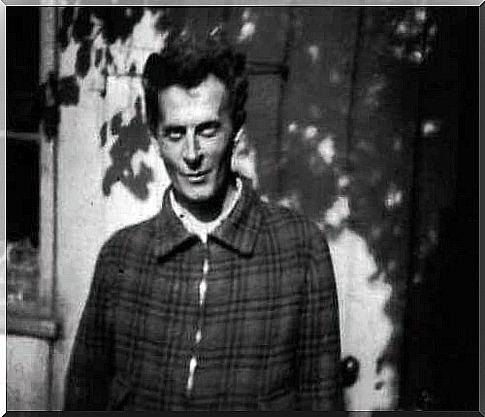
Philosophical Research by Ludwig Wittgenstein
Wittgenstein taught in several high schools until he retired to a monastery where he began to work as a gardener. After five years, that is, after meeting Moritz Schlick, he returned to his interest in philosophy. He then resumed his work on the Tractatus , which he regarded as non-task, and began giving university lectures and writing Philosophical Research .
In Philosophical Research he made known that philosophy was not pure theory, but constant activity. In addition, he distanced himself from the Tractatus script , as it had changed his view of the world and posited new problems with puns. This work would have marked the axis of the philosophy of language as it has reached the present day.
At the beginning of the Second World War, he worked as a nurse to try to reach the Soviet Union with her boyfriend, an option which he later refused because he wanted to become a worker and was only allowed to work as a teacher. Later, he gave up his university professorship, moved to Ireland for some time and then to London, where he died of prostate cancer.
Ludwig Wittgenstein was a controversial character throughout his life, so much so that one still wonders today if he was a genius or an egotist? Certainly his works and his life do not leave anyone indifferent.
